
The AIgorythm project

Playwright and actor
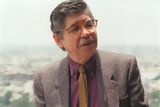
Novelist

Writer and poet

Volleyball player

Italian-Peruvian naturalist and geographer

Singer and percussionist

Last Inca emperor

Politician, former prime Minister

Journalist and TV host
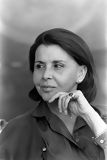
Poet

Inca warrior
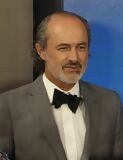
Actor and comedian

Biophysicist

Poet

Doctor and researcher
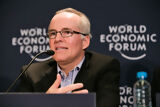
Businessman, Interbank group

Journalist and writer
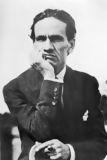
Poet and writer

Singer and songwriter
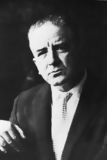
Writer

Film director, Berlin Golden Bear winner

Football player
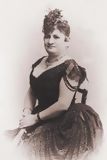
Writer and journalist
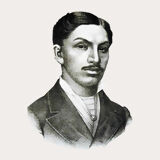
Doctor and scientist

Photograph

Chess player

Industrialist
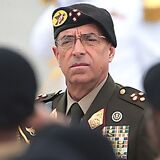
Former general

Specialist in public health

Actress and singer

Afro-Peruvian music singer

Mathematician and engineer

Indigenous chronicler

Neurologist and anthropologist

Painter

Football player
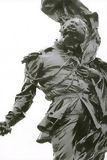
National hero, military leader

Intellectual and reformer

Chef and entrepreneur

Fashion designer

Singer-songwriter

TV presenter

Marathon runner

Indigenous Peruvian chronicler

Theologian

Former national team captain

Economist and former health minister

Inca princess

Writer and television host

Folk musician

Poet and guerrilla
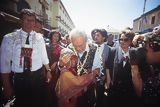
Former UN secretary-general

Chef, known for fusion cuisine

Football player

Peruvian aviation pioneer

Poet and artist
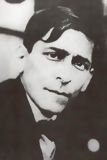
Marxist philosopher and writer

Industrialist and businessman
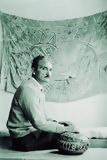
Novelist and ethnologist

Painter and muralist

Opera tenor

Fashion designer

Cardinal of Lima

Peruvian tennis player

Football coach

Leader of the indigenous rebellion
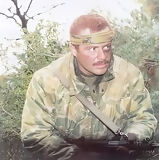
Military hero

Latin singer
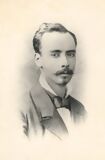
War of the Pacific hero

The youngest mother in history

Politician
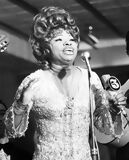
Creole music singer

Tennis player
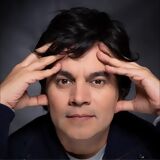
Musician

Writer and politician

Politician and founder of the Christian Democratic Party

Founder of Sodalitium Christianae Vitae

Archaeologist and anthropologist
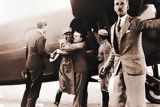
Military leader and politician

Television host

Actress and singer

Contemporary sculptor

Women’s rights activist

Beauty queen

Astrophysicist

Heroine of independence

Mathematician and archaeologist

Historian and anthropologist
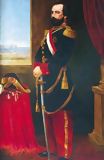
Military figure and historical figure

Fashion photographer
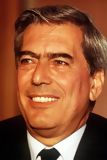
Writer, Nobel Prize in Literature, Politician

Revolutionary leader
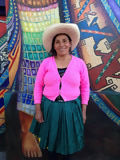
Environmental activist

Leader of the indigenous rebellion

Musician from Gaia band
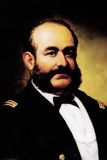
War hero
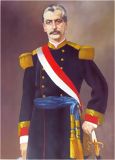
Military leader and politician

Chef, known for Nikkei cuisine

Volleyball coach and former player

Environmental activist

Television personality

Writer
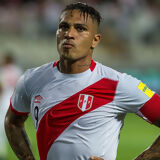
Football player

Epidemiologist and former health Minister

Inventor and aerospace pioneer

Soldier and inventor

Rock singer

Chef and co-owner of Central restaurant

Painter

Football player

TV presenter and actress
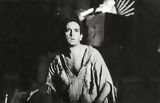
Actor
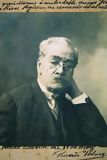
Writer and historian

Journalist and lawyer

Archaeologist, founder of Caral site
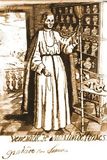
Monk and Saint
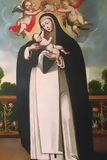
Saint, patron of Latin America

Physicist and engineer

World champion surfer

Actress

Oncologist

Singer, Latin Grammy winner

Former mayor of Lima

Singer

Actress

Former football player

Painter
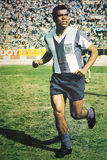
Former football player

Painter

Inca leader

Archbishop, saint
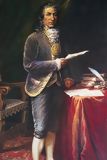
Leader of the indigenous rebellion

Revolutionary indigenous leader

Diplomat and intellectual

Sculptor and painter
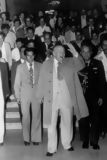
Political leader, founder of APRA

Lawyer and Former prime minister

Chef of Central restaurant
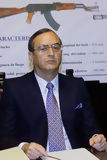
Former head of secret services

Popular singer

Fashion designer

Exotic music singer
Vladimiro Montesinos was born on May 20, 1945, in Arequipa, Peru. He was one of the most influential and controversial figures in Peruvian politics during the 1980s and 1990s. Montesinos is primarily known for his role as head of the National Intelligence Service (SIN) during the government of Alberto Fujimori, where he established himself as the main advisor and political strategist of the president. His influence on the government was so significant that, although he did not hold a formal cabinet position, many important national decisions passed through his office.
Vladimiro Montesinos graduated in 1966 from the Chorrillos Military School as an officer in the Peruvian army. From an early age, he showed a great interest in security and intelligence matters. Throughout his military career, Montesinos received training in various U.S. military academies, which allowed him to establish connections with several foreign intelligence agencies. However, his military career was interrupted in 1976 when he was discharged for leaking confidential information to the U.S. government, marking the beginning of his trajectory in civilian and political spheres.
In the 1980s, Montesinos began working as a defense lawyer, especially in human rights cases. It was during this time that he met Alberto Fujimori, who ran for the Peruvian presidency in 1990. Montesinos quickly became one of Fujimori's key advisors during the presidential campaign, and once in power, he established himself as the main strategist behind the government. His management of intelligence and his ability to organize media and political campaigns made him the most powerful man behind Fujimori.
Montesinos was named the de facto head of the National Intelligence Service (SIN) in 1990, from where he coordinated all government intelligence operations. During his time at SIN, Montesinos consolidated his power, using intelligence services to control political opponents, journalists, judges, and businessmen. Through a network of bribes and extortions, Montesinos maintained control over the state apparatus and protected Fujimori from any political threats. His influence over the Armed Forces and the police made him one of the most feared and respected figures in the country.
The fall of Montesinos and Fujimori's government began in September 2000 when a video surfaced showing Montesinos bribing a congressman to support the government. These videos, known as the "Vladivideos," revealed the extent of corruption in the Fujimori regime. From that moment on, Fujimori's popularity plummeted, and Montesinos fled the country. International arrest warrants were issued, and he was finally captured in Venezuela in June 2001. His capture marked the end of an era of corruption and control in Peru.
Vladimiro Montesinos was tried for a long list of crimes, including corruption, human rights violations, arms trafficking, and drug trafficking. He was sentenced to multiple prison terms, totaling more than 25 years. During the trials, the extent of the corruption network he had created was revealed, along with his responsibility for numerous crimes committed during the Fujimori regime. Montesinos continues to serve his sentence in a high-security prison in Peru.
Vladimiro Montesinos' legacy is one of the darkest in Peru's recent history. His ability to manipulate state institutions and control the country's intelligence apparatus left deep scars on Peruvian politics. The "Vladivideos" scandal and Fujimori's fall highlighted the levels of corruption that had existed for years under his leadership. Despite his imprisonment, the consequences of his actions are still felt in Peruvian politics and society, and his figure remains a symbol of the dangers of corruption and abuse of power.
Vladimiro Montesinos was a central figure during one of the most turbulent periods in Peru's recent history. His role as intelligence chief during Fujimori's government made him one of the most powerful and feared people in the country. However, his downfall, precipitated by corruption scandals and the "Vladivideos," marked a fundamental change in Peruvian politics. Although Montesinos continues to serve his sentence, his legacy of corruption and control remains a reminder of the dangers that any democracy faces.